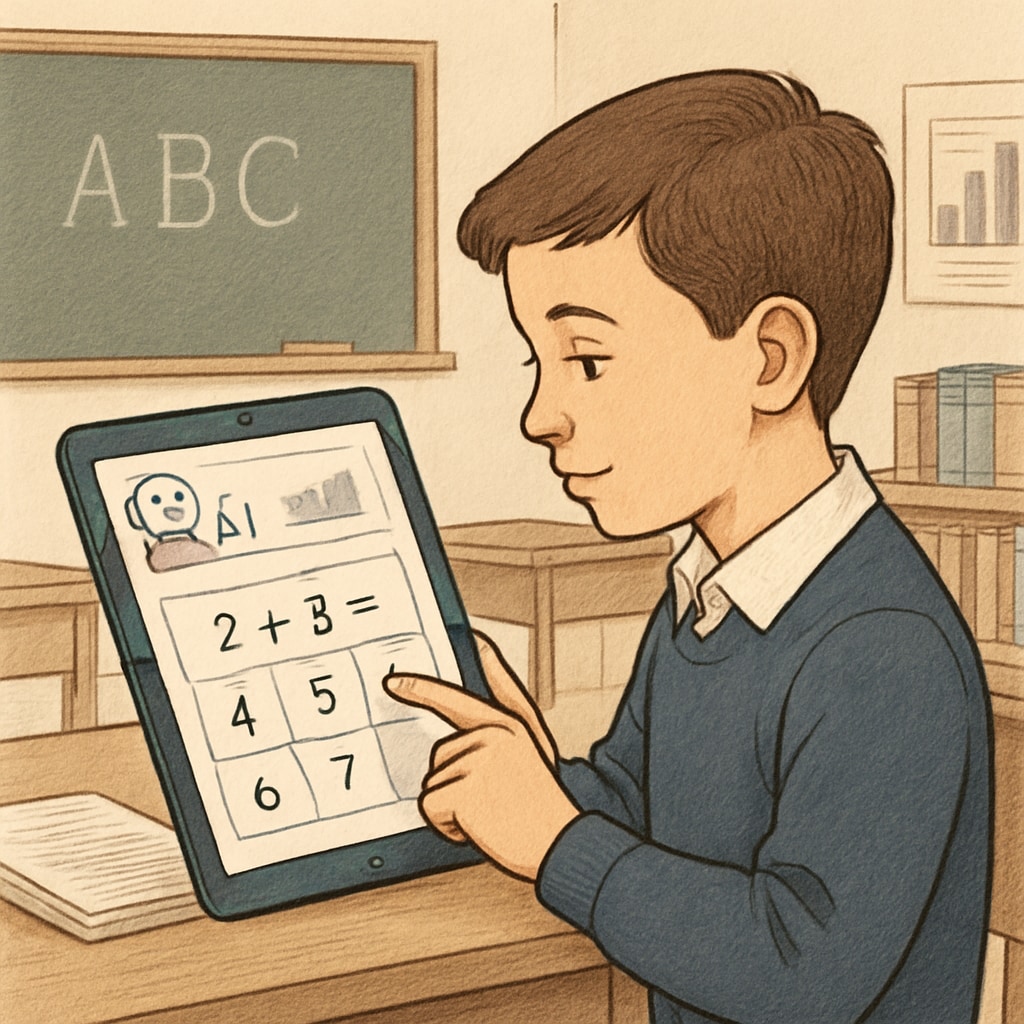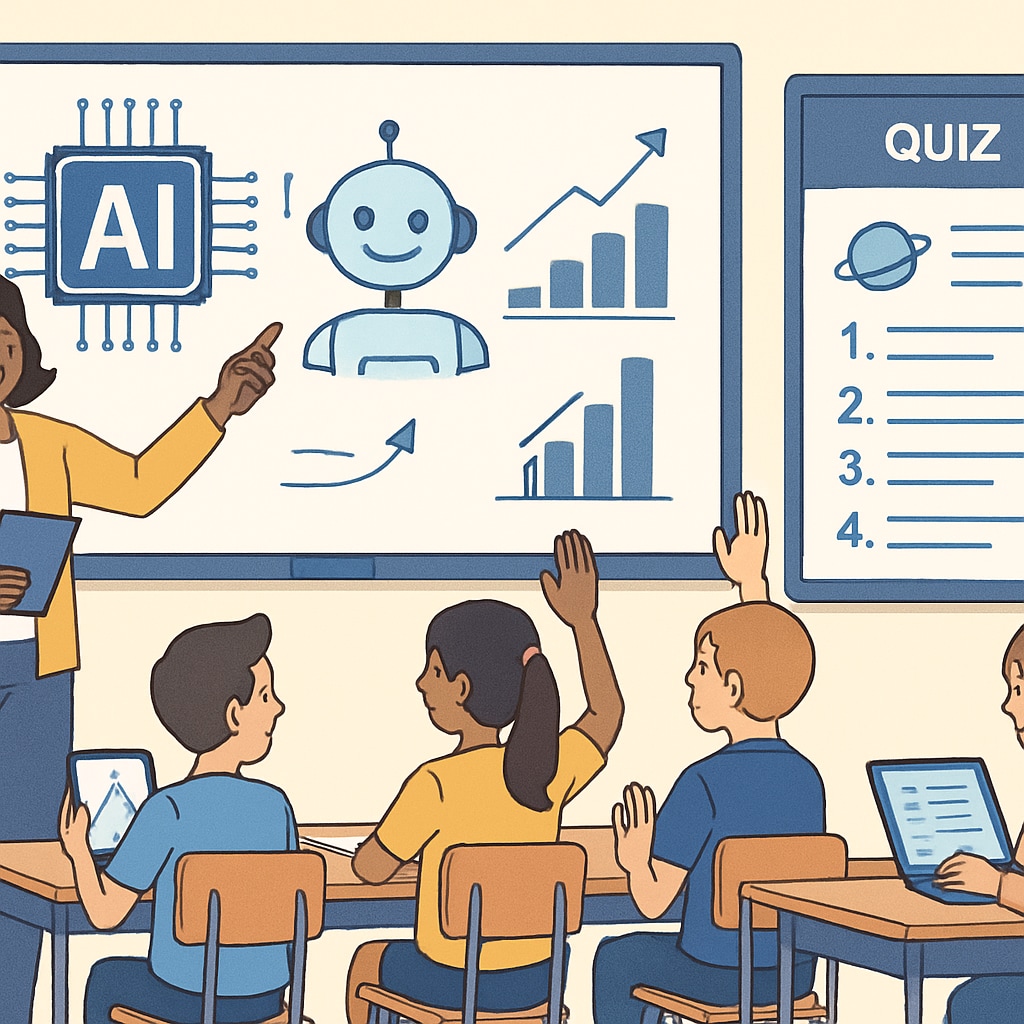Artificial intelligence (AI) is rapidly emerging as a game-changer in education, marking a significant shift in learning approaches, instructional design, and teacher roles. The adoption of AI in K12 education is steadily increasing, with 63% of educational institutions and 67% of K12 teachers already integrating AI-driven solutions into their classrooms. As we look toward 2030, AI is set to revolutionize the K12 learning experience, shaping personalized learning, enhancing classroom environments, and redefining the role of educators.
AI-Driven Personalized Learning: Meeting Individual Needs
One of the most impactful applications of AI in K12 education lies in personalized learning. AI-powered tools can analyze vast amounts of data, including students’ learning patterns, strengths, and weaknesses, to provide tailored instructional content. For example, platforms like adaptive learning systems dynamically adjust the difficulty of exercises based on a student’s progress.
This shift toward personalization not only enhances academic outcomes but also boosts student engagement. According to a report by Britannica, students who engage with personalized AI tools are more likely to achieve mastery in key subjects compared to those in traditional settings. By 2030, we can expect nearly every K12 classroom to incorporate AI-driven personalized learning platforms, ensuring no student is left behind.

Transforming the Classroom Experience with AI
AI is not only personalizing education but also transforming the physical and virtual classroom experience. Automated systems, such as AI tutors and chatbots, provide instant support to students, answering their questions and guiding them through complex topics. These tools free up teachers to focus on higher-order tasks, such as fostering creativity and critical thinking.
Moreover, AI-powered analytics help educators monitor classroom dynamics in real time. For instance, tools can track student participation levels or detect when students are struggling with a particular concept. This data-driven insight allows teachers to intervene effectively and adjust their teaching strategies.
By 2030, classrooms will likely be equipped with intelligent systems that adapt not only to individual students but also to group dynamics, creating a more inclusive and effective learning environment.

Redefining the Role of Teachers in the AI Era
The integration of AI in K12 education does not diminish the importance of teachers; instead, it redefines their roles. Teachers are evolving from sole knowledge providers to facilitators and mentors. With AI handling routine tasks such as grading and administrative work, educators can dedicate more time to individualized support and fostering social-emotional learning.
Additionally, professional development is becoming increasingly AI-driven. Platforms offering AI-based feedback and training modules empower teachers to continuously refine their skills. As technology advances, teachers’ ability to collaborate with AI tools will become an essential skill, ensuring they remain at the forefront of educational innovation.
Future Prospects: AI Beyond 2030
Looking beyond 2030, the possibilities for AI in K12 education are endless. Technologies such as virtual reality (VR) and augmented reality (AR), powered by AI, will create immersive learning experiences that bring abstract concepts to life. Imagine students exploring ancient civilizations through AI-driven VR simulations or conducting virtual science experiments in a risk-free environment.
Furthermore, AI could play a pivotal role in bridging educational disparities. By providing access to high-quality resources and personalized learning tools, even in remote or underserved areas, AI has the potential to democratize education on a global scale.
However, these advancements come with challenges, including ethical considerations, data privacy concerns, and the need for equitable access to technology. Addressing these issues will be critical to ensuring that AI-driven education benefits all learners.
In conclusion, artificial intelligence is poised to revolutionize K12 education, driving transformative trends in personalized learning, classroom dynamics, and teacher roles. As we approach 2030, embracing AI’s potential while addressing its challenges will pave the way for a more inclusive, engaging, and effective education system.


